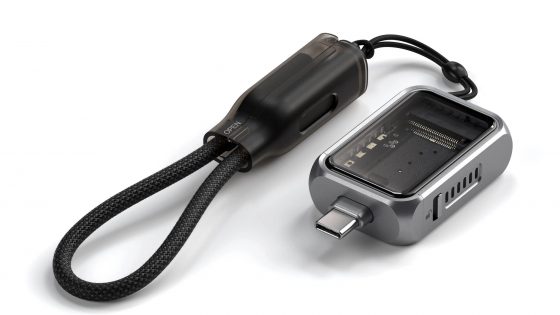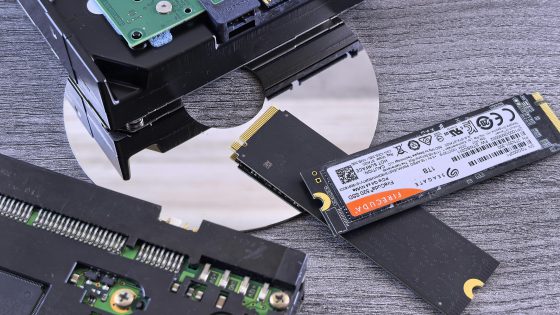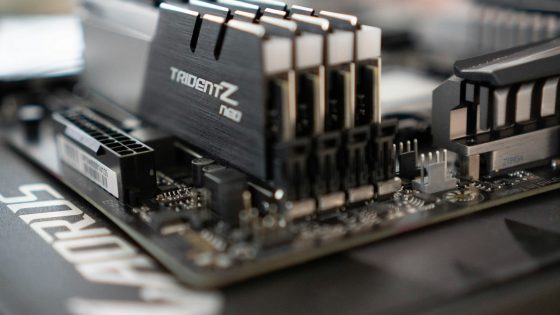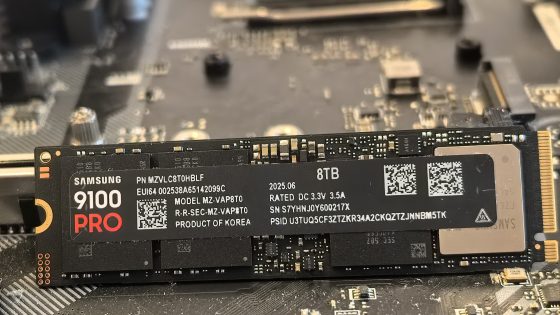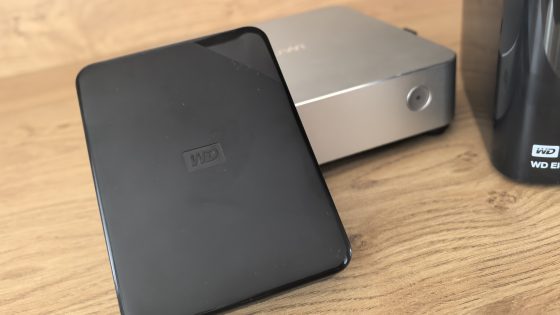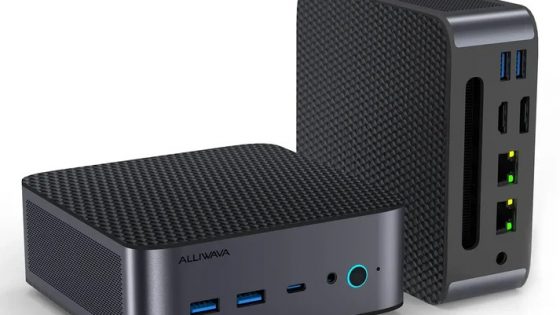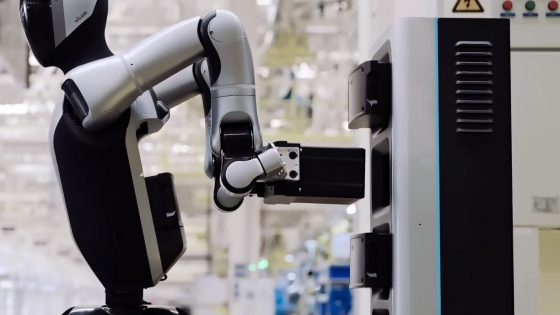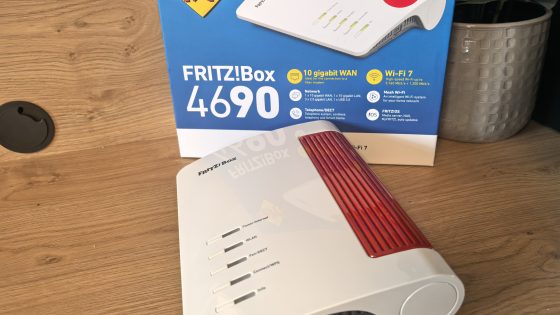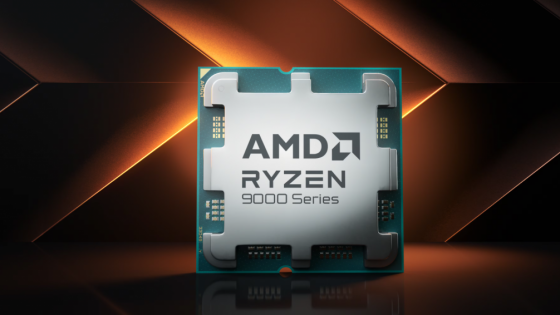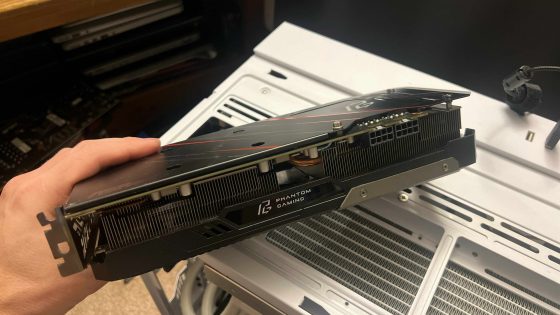Western Digital introduced a 28 TB hard drive

Western Digital has finally revealed a 28TB HDD, but this is just the beginning of the race to launch a 30TB HDD. Main competitors are Seagate and Western Digital. Who will succeed first?
The road to get there is still relatively long. Western Digital therefore first introduced the Ultrastar DC HC680 HDD, a hard drive for data centers that has a maximum capacity almost up to the desired storage capacity milestone.
The 10-disk hard drive, based on shingled magnetic recording (SMR) technology, is available in three capacities: 24 TB, 26 TB and 28 TB and is specifically designed for data center customers looking to reduce costs.
The WD Ultrastar DC HC680 HDD also includes improved OptiNAND technology that improves storage efficiency, energy-assisted magnetic recording (eAMR), three-stage actuator (TSA) and HelioSeal for higher capacities while maintaining the same power consumption. The 3.5-inch SATA drives also have a 7200RPM drive speed and a 512MB cache size. In addition, they enable data transfer of up to 265 MB/s.
With the launch of this hard drive, Western Digital joins Seagate, which also offered a hard drive with the same capacity some time ago. Seagate was even quite bold and announced that in 2024 it will introduce a 30TB drive, maybe even bigger.
The company currently sells a 28TB version of its Exos X24 HDD, but customers of their Exos Corvault storage system can also use 29TB hard drives based on Heat Assisted Magnetic Recording (HAMR) technology.
HAMR competes with SMR because it can further reduce the size of the bits on each track, packing more storage capacity into manufactured hard drives. This means that hard drives with the highest storage capacity can become even larger – with the technology theoretically enabling hard drives up to 100TB.
Seagate already sent samples of 30TB drives earlier this year, but they are currently testing 32TB and possibly 50TB HDDs as well. Meanwhile, Western Digital is said to be preparing a 40 TB drive, although there is no official launch date yet.



